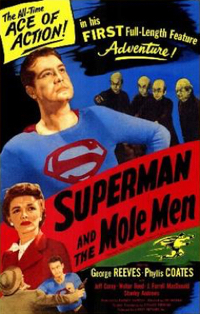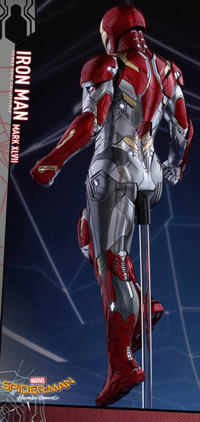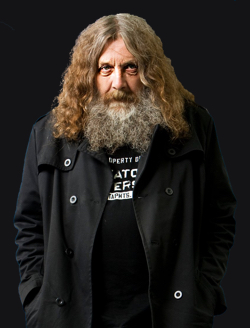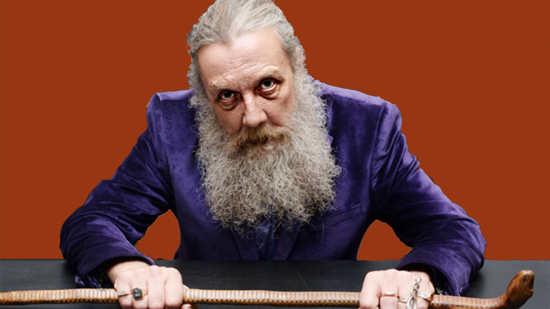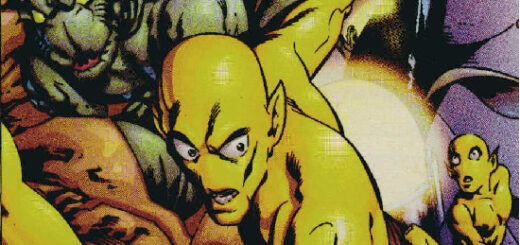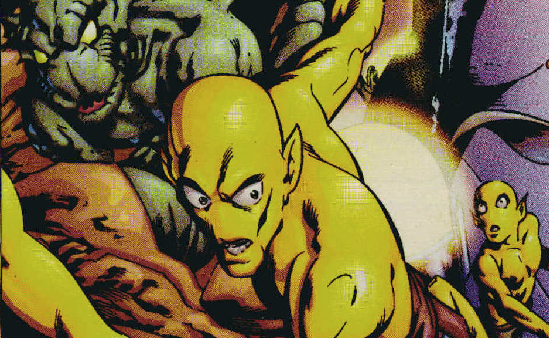Mike Gold: Too Many Heroes?
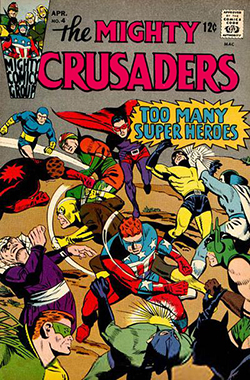 Super-hero movie fans are awash with anticipation. I’ll avoid the obvious jokes.
Super-hero movie fans are awash with anticipation. I’ll avoid the obvious jokes.
A couple weeks ago, executives from 21st Century Fox, the corporate head of 20th Century Fox, met with their counterparts at The Disney Organization, the corporate head of everything named “Marvel” except for Marvel Mystery Oil (see lengthy footnote, below). Evidently, Fox owner Rupert Murdoch needs some cash, as the purpose of the meeting was to see if Disney might be interested in purchasing the Fox movie and teevee operations, save for the sports-related stuff. Said meeting lasted several hours.
Of course, this is not a done-deal. It’s not even a deal. And to the best of my knowledge, there have been no further meetings. However, any such real offer was neither presented nor accepted. Disney appears to be… well, interested. So I guess it was a successful meeting.
 Some fans are salivating over the prospect of an Avengers / X-Men / Fantastic Four crossover movie. Others – including me – firmly believe there’s such a thing as too much. I define too much as the maximum number of characters one could put in a 150-minute movie before they squeeze out an understandable and entertaining story. Avengers: Infinity Wars already sports at least 27 costumes, and that’s not counting Stan Lee.
Some fans are salivating over the prospect of an Avengers / X-Men / Fantastic Four crossover movie. Others – including me – firmly believe there’s such a thing as too much. I define too much as the maximum number of characters one could put in a 150-minute movie before they squeeze out an understandable and entertaining story. Avengers: Infinity Wars already sports at least 27 costumes, and that’s not counting Stan Lee.
What comes to my (admittedly diseased) mind is the stateroom scene from the otherwise somewhat overrated Marx Brothers movie A Night At The Opera. It’s phenomenal. It’s hilarious. And it runs four minutes and four seconds. Stretch that out to 150-minutes and, well, “Tain’t funny, McGee.”
Some are concerned that a Disney takeover will result in fewer Marvel super-hero movies. I respectfully disagree: the marketplace will determine how many Marvel super-hero movies it will support in any given year. It doesn’t matter how many studios split up that pie – it’s the overall size of the pie that matters.
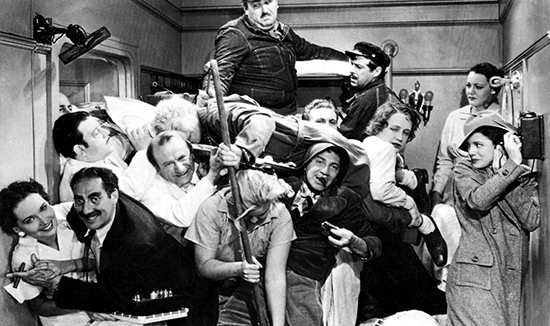
I think what many of us want is to see the quality of the Marvel Studios movies subsume the quality of the average Marvel movie made by Fox. That would be nice, and it worked for Columbia when they “hired” Marvel Studios to take over the production of the Spider-Man franchise.
But the inside pressure to make Avengers / X-Men / Fantastic Four crossover movies would be inevitable and, I think unstoppable. It addresses every stupid marketing philosophy that Hollywood has embraced for decades.
Shirley Temple said it best. “If you eat too much, oh, oh, you’ll awake with a tummy ache.”
Pop Culture Trivia: In case you never heard of Marvel Mystery Oil and you think I made it up as some sort of twist on Marvel Mystery Comics, well, thanks for the compliment but, no, it is a real thing.
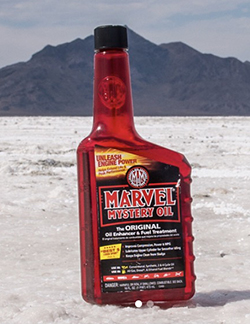 After World War I – you know, the great war – a guy named Burt Pierce invented the “Marvel Carburetor.” It was so successful it was deployed to roughly 80% of all vehicles. Unfortunately, they suffered from a clogging problem due to the high-lead content of the gasoline used at the time (and, in fact, up to about 40 years ago). So, in a blast of innovation so powerful it would have knocked Andy Granatelli’s socks off, Pierce came up with a lubricant that would allow him to continue to sell his Marvel carburetors. Why he named it Marvel Mystery Oil was the matter of some debate.
After World War I – you know, the great war – a guy named Burt Pierce invented the “Marvel Carburetor.” It was so successful it was deployed to roughly 80% of all vehicles. Unfortunately, they suffered from a clogging problem due to the high-lead content of the gasoline used at the time (and, in fact, up to about 40 years ago). So, in a blast of innovation so powerful it would have knocked Andy Granatelli’s socks off, Pierce came up with a lubricant that would allow him to continue to sell his Marvel carburetors. Why he named it Marvel Mystery Oil was the matter of some debate.
Did Pierce’s goo influence Timely (a.k.a. Marvel) Comics’ publisher Martin Goodman? Well, the stuff was very popular and it continues to be marketed today, but against massive competition.
The company was headquartered in Port Chester New York along the Connecticut border; back then you could throw a rock in any direction and hit somebody involved in the comics business. However, the oil company moved to Port Chester in 1941, more than a year after the comic book titled “Marvel Comics” changed its name to Marvel Mystery Comics.

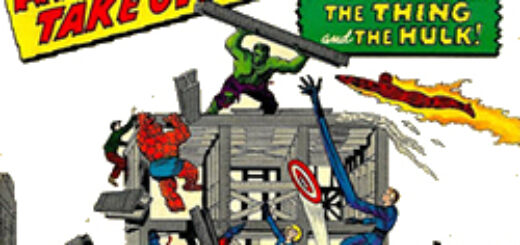
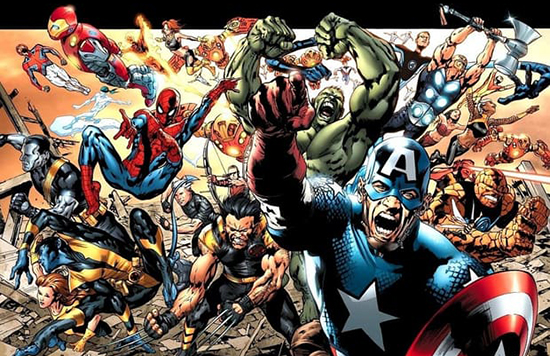
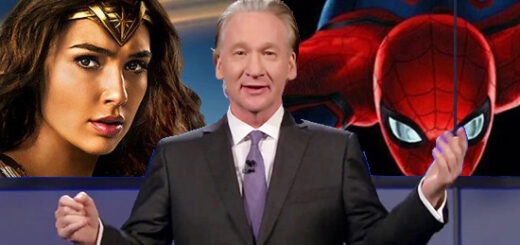
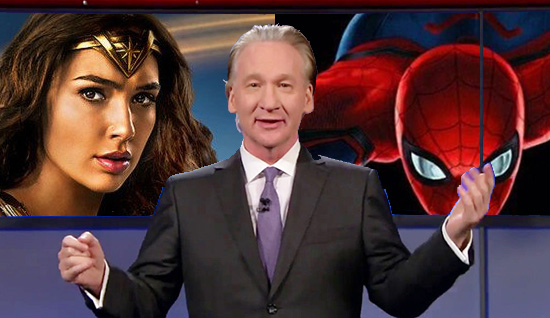



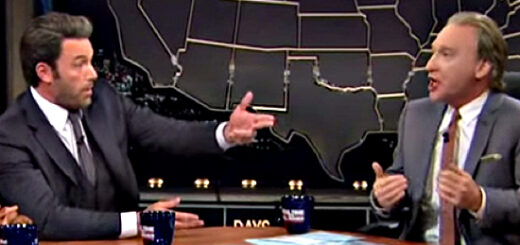
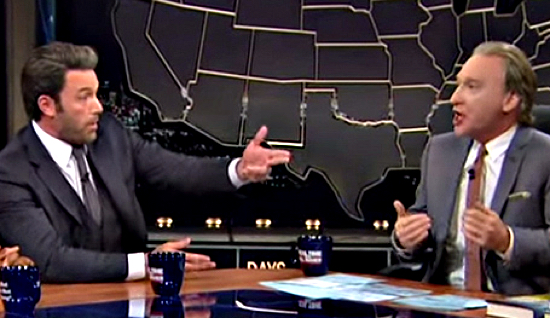

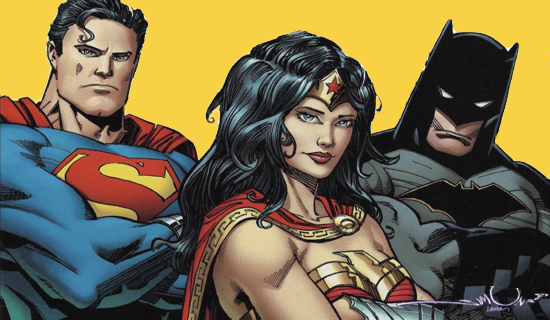
 Over the millennia, I’ve written enough reviews to denude the Shoshone National Forest. My fellow commentators here at ComicMix have as well, and some of my best friends have been critics. So, as you read the following rant, please keep in mind I am not referring to those people… but I am referring to damn near every other critic practicing their arcane craft these days. From reading their recent criticism, I have come to the following conclusion.
Over the millennia, I’ve written enough reviews to denude the Shoshone National Forest. My fellow commentators here at ComicMix have as well, and some of my best friends have been critics. So, as you read the following rant, please keep in mind I am not referring to those people… but I am referring to damn near every other critic practicing their arcane craft these days. From reading their recent criticism, I have come to the following conclusion.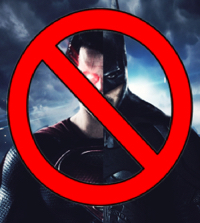 It’s not hard to understand this. Even if you have seen 90% of all the superhero movies and teevee shows released in the past decade and enjoyed most of them, there’s an important difference: you made the choice to see them. For critics, it’s their job. They are more-or-less forced to watch these productions, usually in exchange for a paltry paycheck. I am sympathetic to their plight, although I do not believe anybody is writing criticism to fulfill their court-mandated obligation to community service.
It’s not hard to understand this. Even if you have seen 90% of all the superhero movies and teevee shows released in the past decade and enjoyed most of them, there’s an important difference: you made the choice to see them. For critics, it’s their job. They are more-or-less forced to watch these productions, usually in exchange for a paltry paycheck. I am sympathetic to their plight, although I do not believe anybody is writing criticism to fulfill their court-mandated obligation to community service.